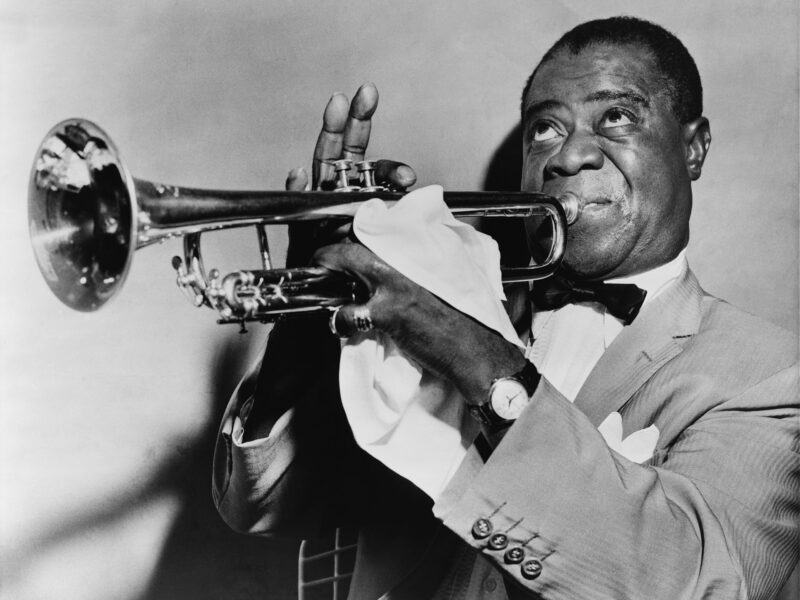Did you know that it is more efficient to learn foreign languages by singing? A study made among Ecuadorian children who were learning English showed that singing improved memorizing, translating and pronouncing skills. Reference: Arla J. Good, Frank A. Russo, Jennifer Sullivan: The efficacy of singing in foreign-language learning. Psychology Continue Reading
Singing In A Choir Promotes Wellbeing
It’s not a surprise that singing in a choir is related to better quality of life. It has been explained by increased social capital, empowerment, lifting the mood and so on. However a study made in Finland shows other kind of results among older adults. Surprisingly older adult choir singers Continue Reading
Singing Reduces Snoring
A British research shows that regular singing exercises may reduce snoring and improve symptoms of mild to moderate sleep apnoea. This study is considered as a preliminary research and further studies are needed to confirm the results. However it is worth trying singing to see if it helps you with Continue Reading
Vocal Effects: Growl
As with many other vocal effects, also growl is a spontaneous sound that singers produce due to an expressed emotion. It is a commonly used vocal effect in soul and blues music, for instance. One of the most commonly know growl users is probably Louis Armstrong with his legendary What Continue Reading
Why Do I Sing?
We asked our followers at Facebook and at Instagram why do they sing. Here are some answers: Singing brings good mood and empowers Singing is fun and relaxing Singing brings out all emotions Singing together strengthens the sense of community and the feeling of togetherness Singing feels good Singing is Continue Reading
Vocal Effects: Grunt
Grunt, which can often be heard in death metal and black metal, is a vocal effect containing a lot of ‘noise’. It sounds very strong and dark, and according to Complete Vocal Institute it is often used to express emotions from despair to aggression. Grunt is said to sound like Continue Reading
Singing Is Beneficial For The Memory
A research made at the University Of Helsinki, Finland, shows that singing improves the memory and the mood especially in the early state of dementia. Singing has an effect on the working memory and executive function. Instead listening to music has a cognitive impact only in the later stages of Continue Reading
Vocal Effects: Rattle
Rattle is a vocal effect produced in the vocal tract. According to Complete Vocal Institute, this effect can be formed by many different structures: vibrations at the arytenoid cartilages uvula (palatine uvula) back of the tongue the soft palate mucosa / saliva vibrating over the arytenoid cartilages Rattle is often Continue Reading
Benefits Of Choir Singing Among Cancer Patients
The health benefits of choir singing have been studied in several researches during last 20 years. A research with cancer patients shows that an hour of choir singing helps to reduce stress, lifts the emotional state and boosts the immune system. Most benefits gain the cancer patients who are most Continue Reading
Choir Singers’ Hearts Beat As One
Swedish researchers monitored different singers’ heartbeats while doing a variety of vocal tasks such as reading parts of text, humming, singing a song and singing a 10 s mantra phrase. The result of the group study was a revealed connection between the length of the phrases sung and HRV (Heart Continue Reading










